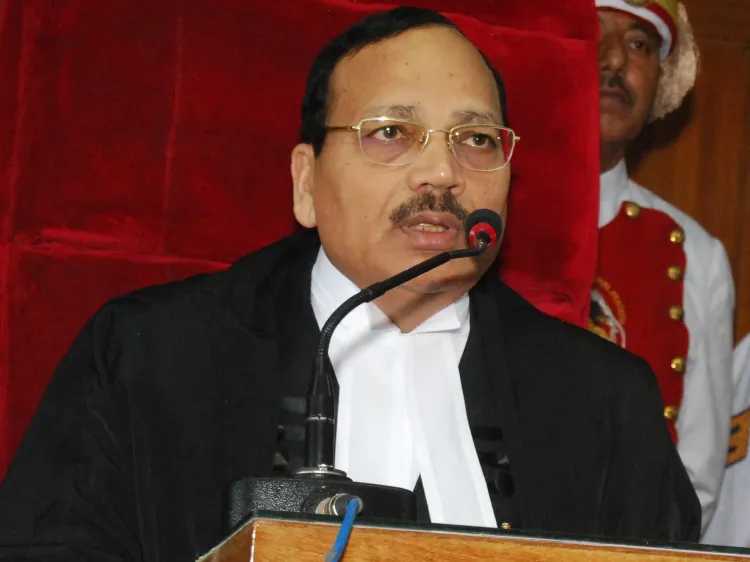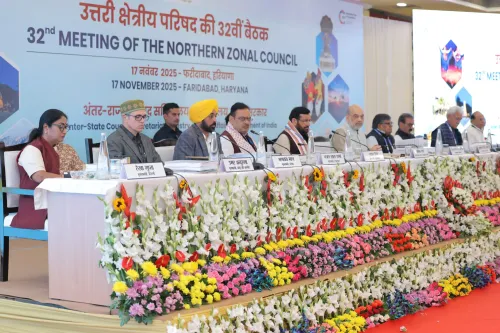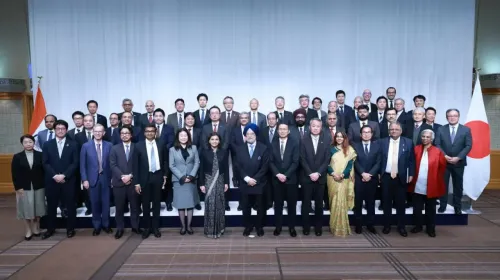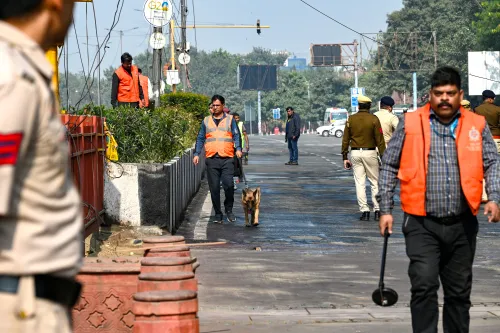Is Justice Surya Kant the New Executive Chairman of NALSA?

Synopsis
Key Takeaways
- Justice Surya Kant appointed as Executive Chairman of NALSA.
- NALSA aims to provide free legal aid for marginalized communities.
- Justice B.R. Gavai will soon become the Chief Justice of India.
- NALSA was established under the Legal Services Authorities Act, 1987.
- Article 39A of the Constitution promotes equal access to justice.
New Delhi, May 10 (NationPress) The central government has officially announced the nomination of Justice Surya Kant, an esteemed judge of the apex court, as the Executive Chairman of the National Legal Services Authority (NALSA) by President Murmu.
According to a notification published in the official gazette by the Union Ministry of Law and Justice, "In exercise of the powers conferred under Clause (b) of sub-section (2) of Section 3 of the Legal Services Authorities Act, 1987, the President is pleased to nominate Hon’ble Mr. Justice Surya Kant, Judge, Supreme Court of India, as Executive Chairman, National Legal Services Authority, effective from 14.05.2025."
Currently, the position is held by Justice B.R. Gavai, the senior-most puisne judge of the Supreme Court, who is scheduled to take the oath as the 52nd Chief Justice of India (CJI) on May 14.
The present CJI, Sanjiv Khanna, will retire on May 13 upon reaching the age of 65.
NALSA was established under the Legal Services Authorities Act, 1987, with the mission to provide free legal aid and ensure justice accessibility for marginalized and underprivileged communities.
Today's legal system can be intimidating, as legal fees and associated costs have become excessively high.
To combat the feeling of being deprived of the right to seek justice due to financial constraints or other disabilities, the concept of providing legal aid was introduced.
Article 39A of the Indian Constitution, a component of the Directive Principles of State Policy (DPSPs), emphasizes the need for justice promotion and free legal aid.
Article 39A states that "the State shall ensure that the operation of the legal system promotes justice on an equal opportunity basis, and shall, in particular, provide free legal aid through appropriate legislation or schemes to guarantee that no citizen is denied the opportunity to secure justice due to economic or other disabilities."









